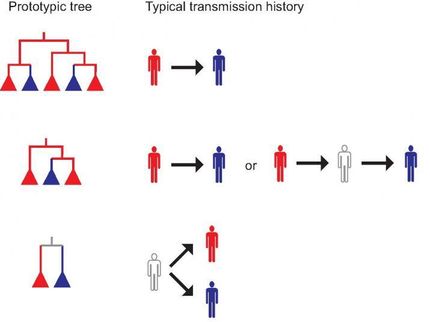Medicare penalty appears to drive hospital infection prevention efforts
Monitoring for unintended consequences of policies is essential, say study authors
The 2008 decision by the Centers for Medicare & Medicaid Services (CMS) to cease additional reimbursement to hospitals for certain healthcare-associated infections (HAIs) has led to enhanced focus on infection prevention and changes in practice by front-line staff, according to a national survey of infection preventionists published in the May issue of the American Journal of Infection Control, the official publication of the Association for Professionals in Infection Control and Epidemiology (APIC).
A team of researchers and public health policymakers led by Grace M. Lee, MD, MPH, from Harvard Pilgrim Health Care Institute and Harvard Medical School, surveyed head infection preventionists (IPs) at 317 acute care hospitals that were directly impacted by the policy change, which was enacted to motivate hospitals to eliminate preventable infections. According to the survey results, 81 percent of IPs reported increased focus on those HAIs targeted by the policy, namely catheter-associated urinary tract infections (CAUTIs) and central line-associated bloodstream infections (CLABSIs).
A majority of IPs reported an increase in surveillance, education, and prevention efforts for HAIs targeted by the CMS policy, particularly for CAUTIs. IPs felt that front-line staff removed urinary (71 percent) and central venous catheters (50 percent) more quickly than before, and increased use of antiseptic-containing dressings for central venous catheters (56 percent) for CLABSI prevention.
Although the policy did not appear to have a major impact on funding to support infection prevention departments (77 percent), a closer working relationship between infection prevention and quality improvement departments (57 percent) and greater collaboration by interdisciplinary teams to prevent HAIs (65 percent) was noted in response to the CMS policy.
While most of the findings were positive, the survey did identify some unintended consequences of the policy. One-third of respondents said their hospitals needed to shift resources away from non-targeted infections in order to focus on targeted infections. IPs also expressed concern that hospitals focused greater effort on improving physician documentation and coding practices to avoid negative financial penalties, rather than enhancing infection prevention efforts to improve patient outcomes. Finally, a quarter of respondents reported that their hospitals performed unnecessary diagnostic testing upon admission to avoid potential financial penalties.
“The CMS policy of eliminating additional payment for certain HAIs appears to have had a positive impact on hospital infection prevention efforts, yet careful consideration of the potential for unintended consequences is warranted,” say the study authors. “As CMS expands the list of complications for which it will adjust payment and continues to modify its requirements for reporting, it is critical to ensure that policy changes lead to measureable improvements in patient outcomes while minimizing potential unintended consequences.”
This study is one of the first to assess perceived impact of the CMS payment policy on hospital infection prevention efforts as reported by infection preventionists. Infection preventionists were chosen for the study because of their organizational knowledge of infection prevention surveillance, practices, and documentation.
Original publication
“Perceived impact of the Medicare policy to adjust payment for health-care associated infections,” ; American Journal of Infection Control, Volume 40, Issue 4 (May 2012).























































